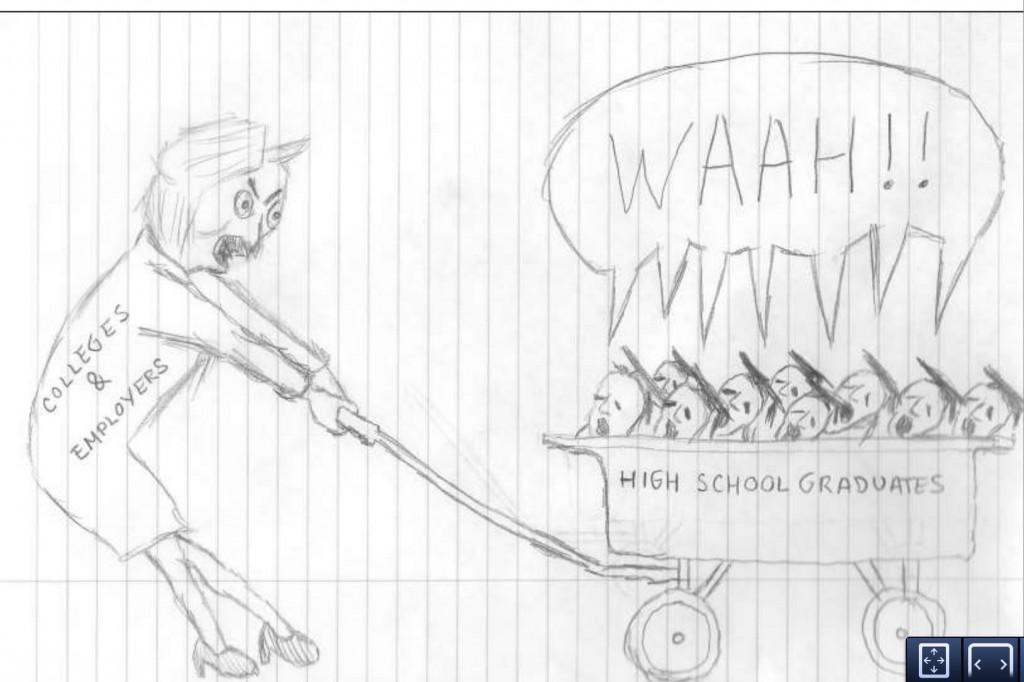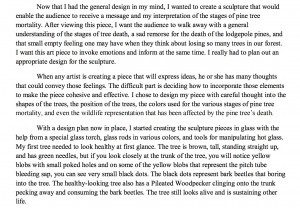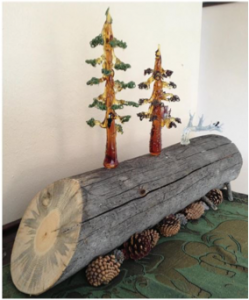Welcome to the third post in our Hack and Yack series on multimodal composition from Amy Braziller and Elizabeth Kleinfeld. Enjoy!
***
You’re excited about assigning a multimodal project. You’ve crafted the assignment, but then you stop, fearful, wondering how are you supposed to grade the project. It’s not an essay, something you’ve been grading for years. If you’re not an expert on the genre your student composed in, how can you evaluate it in a fair and ethical way? Furthermore, how can you grade in a way that doesn’t privilege someone who is a video-editing whiz and penalize someone who may draw a cartoon on notebook paper with uneven lines and rudimentary skill?
Focus your grading on the stuff you ARE an expert on, and that is a student’s ability to respond appropriately to a rhetorical situation and to articulate and defend her choices. That’s why we advocate for instructors to have their students reflect in writing on their authorial choices. Using that piece of reflective writing as a guide, you can evaluate the sophistication of the authorial choices the student made.
When we grade, we emphasize the rhetorical, rather than the artistic, aspects of a piece, focusing, for example, on how successfully the student has used rhetorical appeals and how effectively the student has used or rejected the conventions of the genre. The question that is always first and foremost in our minds when we grade is, “How has the student used the affordances of the genre she chose to address her rhetorical situation?” A student who has never made a video before may not create a professional-quality video, but the accompanying reflective writing may indicate that she fully understood how to integrate appeals to pathos and ethos.
You can also develop broad criteria for visual, audio, and written modes, either by yourself or with input from the class, by listing the features one would expect to see in those modes. For example, you might expect something that is primarily visual to use color, line, and proportion to guide viewers toward a focal point. You might expect something that is audio to use silence and pacing strategically.
Or you might want to develop criteria that can be applied to a wide variety of genres. For example, whether a text is written, visual, or aural, it should be organized in some way, have a focal point, convey a clear message, and draw readers or viewers in.
Below is a sample of a grading rubric we use when assessing a visual argument assignment.
Grading Criteria for Visual Argument Assignment (100 points)
| Visual Argument | |
| Makes an arguable claim | 20 points |
| Claim is supported by visual choices, such as typography, color, graphics, layout | 10 points |
| Is primarily visual rather than linguistic or alphabetic | 10 points |
| Appeals to a specific audience using rhetorical appeals | 10 points |
| Reflective Essay | |
| Discusses the claim and how you considered elements of argument in your visual argument | 20 points |
| Discusses use of rhetorical appeals | 10 points |
| Discusses how your visual argument appeals to a specific audience | 10 points |
| Discusses how you used design principles to create your visual argument | 10 points |




